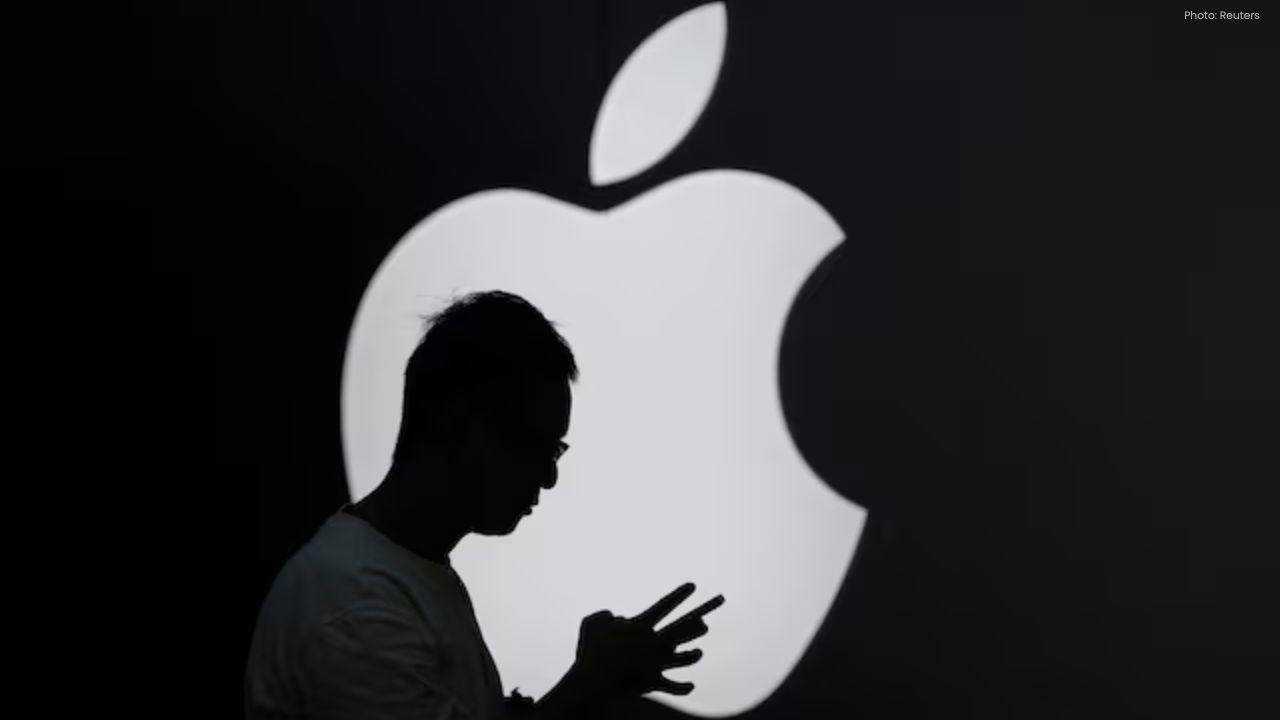
Post by : Mumtaaz Qadiri
Artificial intelligence is seen as the future of technology. Companies around the world are racing to make smarter machines. But instead of only creating new opportunities, AI is also creating legal battles. Some of the biggest names in the tech world are now facing lawsuits. The main question being asked is: who owns the words, books, and ideas that teach these AI systems to “think”?
Apple Enters The Legal Battle
Apple, one of the world’s most powerful technology companies, has now been dragged into this copyright debate. Two authors, Grady Hendrix and Jennifer Roberson, have accused Apple of using their copyrighted books without permission. According to them, Apple copied their works to train its artificial intelligence systems without consent, payment, or even credit.
The Authors’ Claims
The authors filed their case in a federal court in Northern California. They allege that Apple used their books to train its OpenELM language models. In their complaint, they argue that Apple is building a powerful, and possibly very profitable, AI system using stolen work. They stated that Apple never asked for approval and never offered any compensation.
The Proposed Class Action
This lawsuit is not only about the two authors. It has been filed as a proposed class action. This means that many more writers could join the case if the court allows it. If the case moves forward, it could represent thousands of authors whose books might have been used without their knowledge.
Apple Joins Other Tech Giants In Court
Apple is not the only company facing such accusations. In the past year, several major tech firms have been hit with similar lawsuits. Microsoft, Meta (the parent company of Facebook), and OpenAI (the maker of ChatGPT) are already being sued by authors and publishers. The common claim is that these companies used copyrighted books and articles without permission to build their AI tools.
The Anthropic Settlement
While Apple is preparing to fight its case, another AI company, Anthropic, has decided to settle. The startup, known for its Claude chatbot, has agreed to pay $1.5 billion to authors who claimed their works were used without permission. This settlement is one of the largest ever in a copyright case.
What The Lawsuit Against Anthropic Claimed
The lawsuit against Anthropic accused the company of training its AI on a huge collection of pirated books. Reports suggest the company kept a digital library of more than seven million books, most of which were used without permission. This included both famous and lesser-known works by authors across the world.
No Admission Of Wrongdoing
Although Anthropic agreed to pay the $1.5 billion, it did not admit to any wrongdoing. The company settled the case to avoid a long and costly trial. Still, the settlement is being celebrated by authors as a big win. Lawyers for the writers said that this agreement would bring “meaningful compensation” to those whose works were used and would set a strong precedent for the future.
A Judge’s Strong Words
US District Judge William Alsup, who handled the case, made strong comments during the process. He noted that training AI on books could be “exceedingly transformative,” meaning it could create something new and different. However, he also highlighted the seriousness of Anthropic’s actions, especially since the company kept such a large library of pirated content. His refusal to dismiss the case pushed Anthropic toward settlement.
Authors Feel Their Rights Are Ignored
For many writers, the lawsuits are about recognition and respect. They argue that their creative work is being used to build AI systems that could one day replace them. Writers say they are not against technology or innovation, but they want to be paid fairly if their work is being used to make billions for tech companies.
Experts On The Issue
Experts believe these cases highlight a deep conflict between innovation and intellectual property. Alex Yang, a professor at the London Business School, explained that AI needs fresh training data, which often comes from human creativity. But he also said that if AI-created content is to be given copyright protection, then human authors must also be given stronger protection for their contributions.
Why This Matters For AI Companies
The Anthropic settlement is a wake-up call for AI developers. Paying $1.5 billion is a huge amount, and it may push other companies to think more carefully before using copyrighted material. It shows that ignoring copyright laws can have massive financial consequences. For Apple and other companies, the message from authors is now very clear: either pay for the content or be ready to face lawsuits.
Could This Change AI Training?
These legal battles might force companies to change how they train AI systems. Instead of relying on pirated or unlicensed books, they may need to strike deals with publishers, libraries, and authors. This could create a new industry where content creators are directly paid for allowing their works to be used in AI training.
A Possible New Business Model
Some experts believe this could even become a business opportunity. Publishers could license their digital libraries to AI companies for a fee. This would provide writers with income while giving AI developers legal access to high-quality training materials. If such a system is developed, both creators and technology firms could benefit.
The Bigger Picture
These cases are more than just legal fights. They represent a larger struggle between creativity and technology. On one side are authors who spend years writing books and want recognition for their work. On the other side are companies trying to build advanced AI systems that rely on massive amounts of text data. The question is: how do we balance the two?
The Road Ahead
Apple’s case is still in its early stages, and it is too soon to say what the outcome will be. But combined with the Anthropic settlement, it is clear that the legal risks for AI companies are growing. These lawsuits are likely to continue, and the results could shape the future of how artificial intelligence is trained.
Artificial intelligence may be the future, but it cannot escape the present reality of copyright law. The lawsuits against Apple, Microsoft, Meta, OpenAI, and Anthropic are proof that creativity has value, and those who create deserve respect and payment.
As the technology world pushes forward, these legal battles will play a big role in defining the rules. Will AI companies learn to work with creators instead of against them? Or will courts have to force them to do so? Only time will tell. But for now, the message is clear: innovation cannot come at the expense of human creativity.
Apple AI lawsuit, Anthropic $1.5B settlement, AI copyright disputes


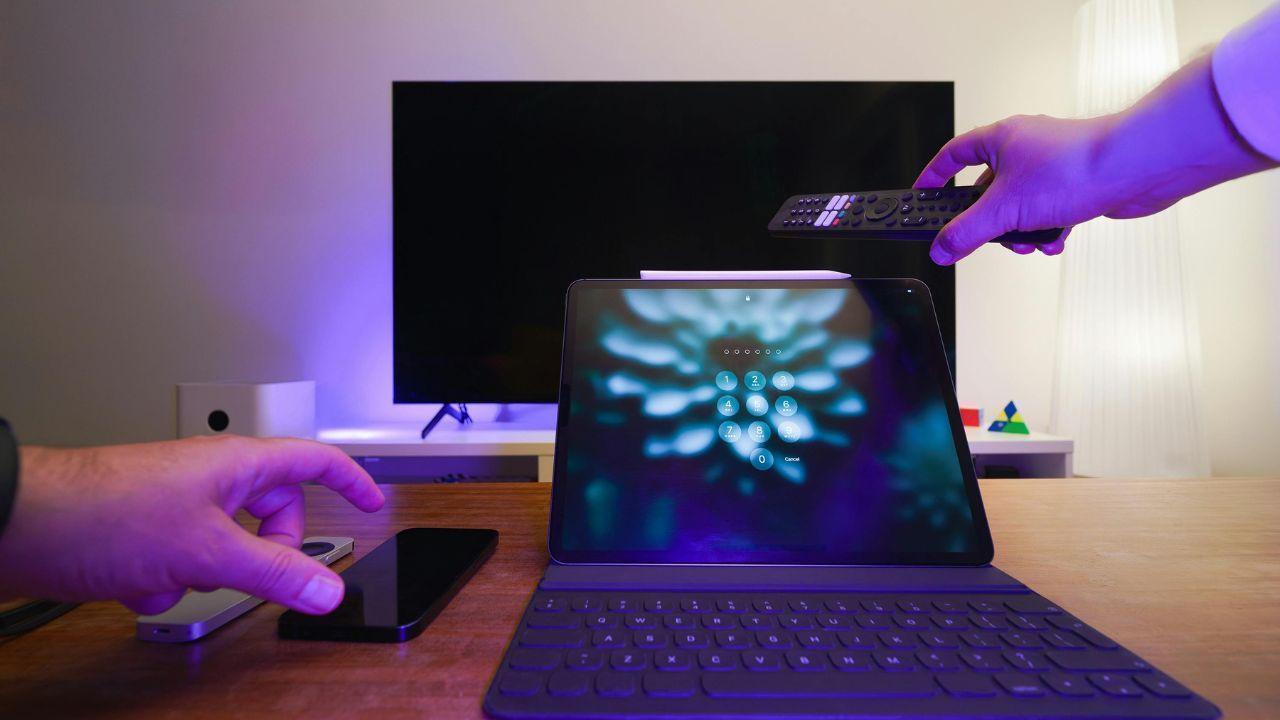

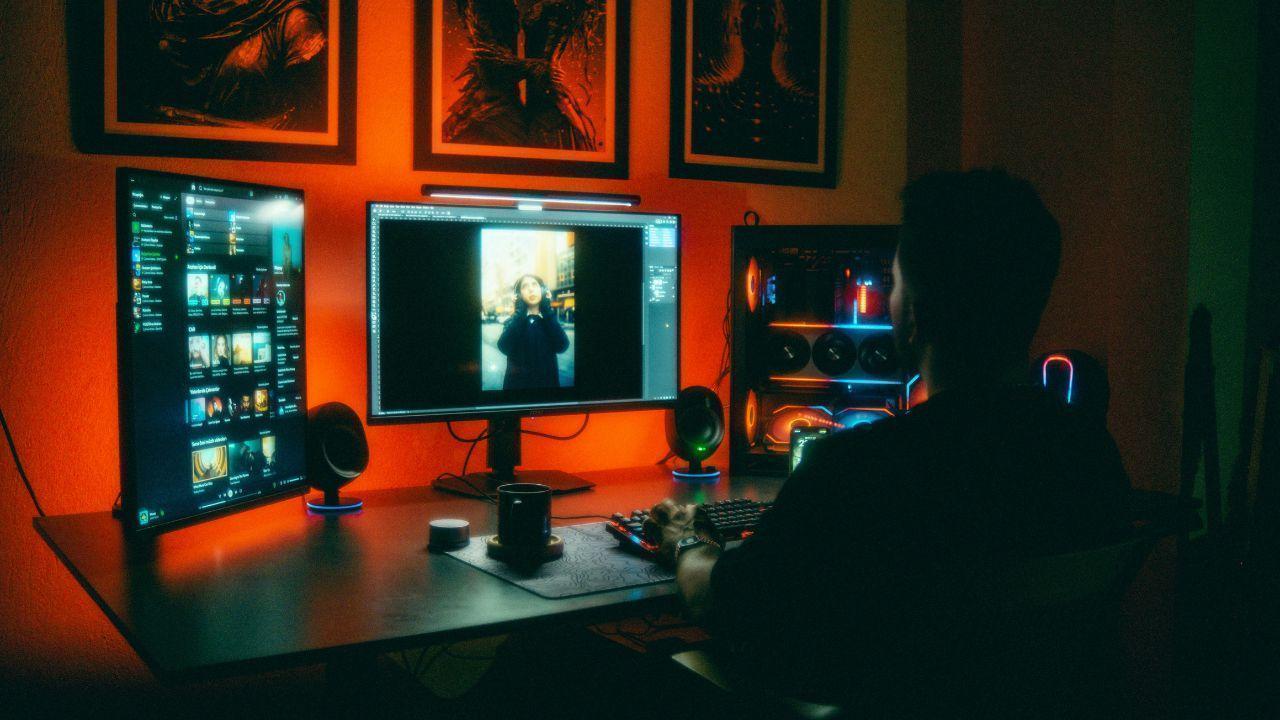
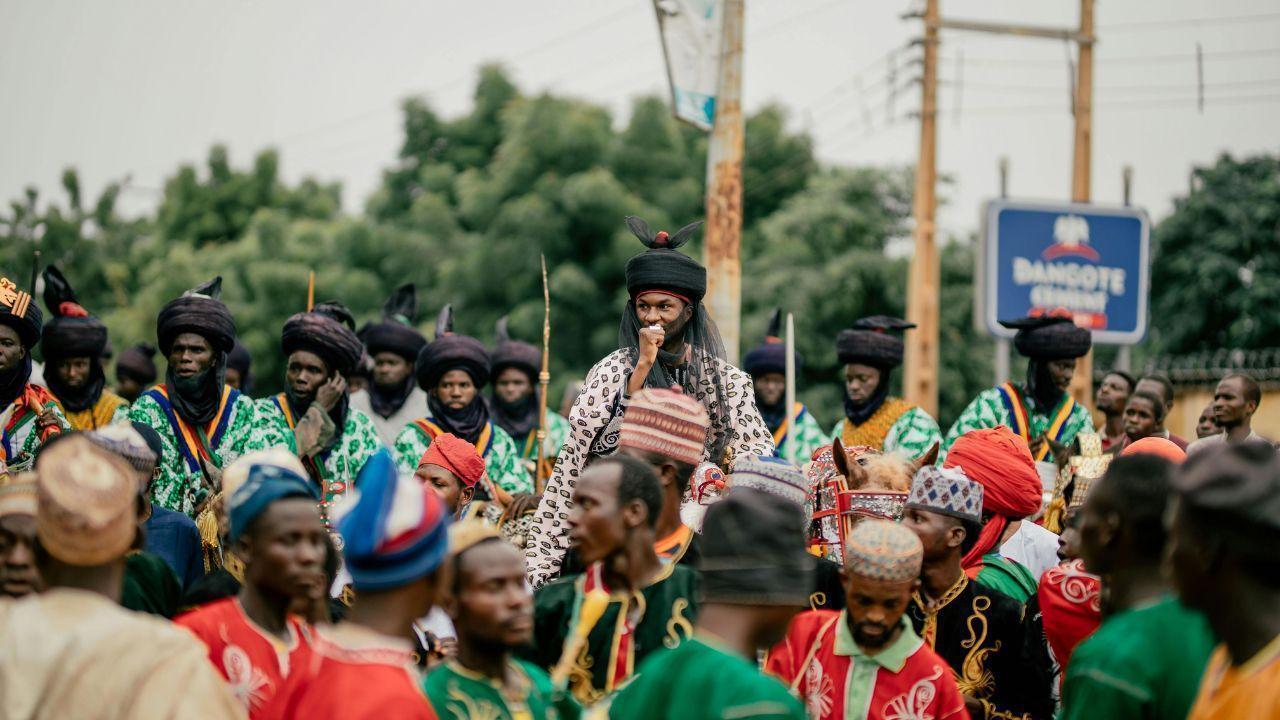

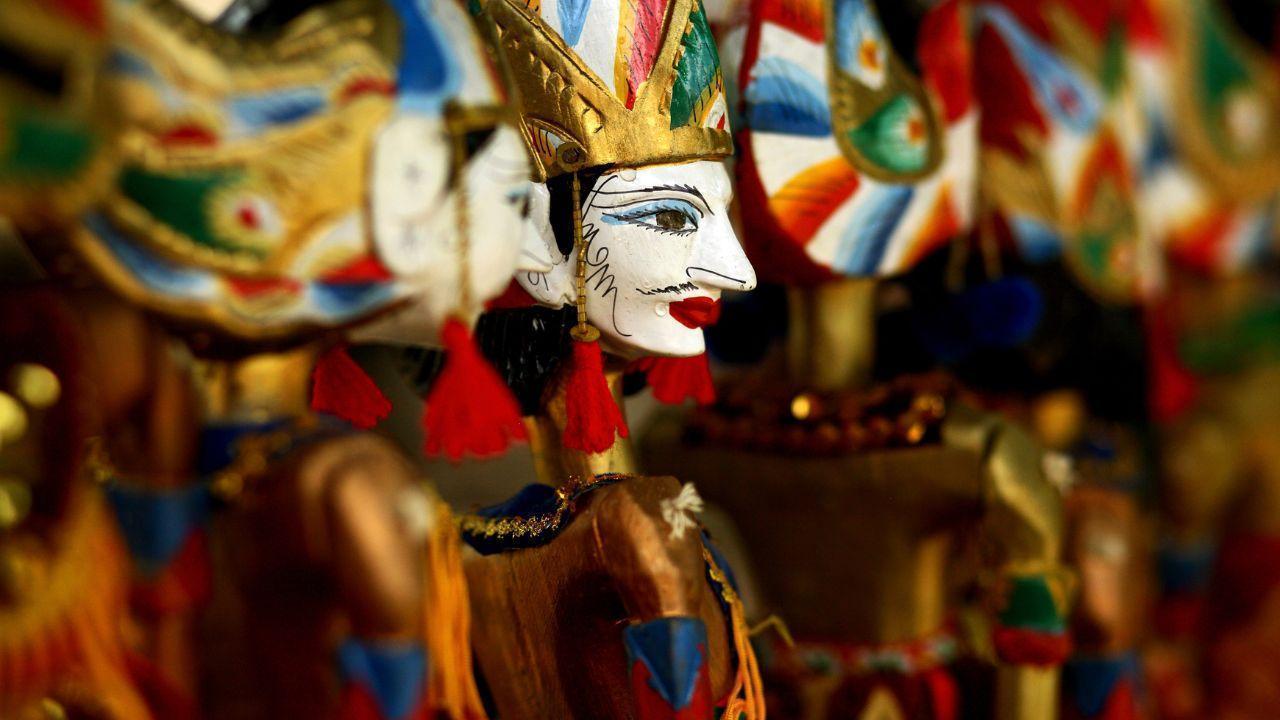


NMDC Group And ADNOC L&S Sign Three-Year Deal For Offshore Work
NMDC Group and ADNOC Logistics & Services sign a three-year deal to deliver maritime services for of

Six Miners Trapped After Earthquake Hits Coal Mine In China
A mining-related earthquake struck a coal mine in Heilongjiang, China, trapping six miners undergrou

Train Collides With Bus In Mexico Killing 10 And Injuring Many
At least 10 dead and 41 injured after a train hit a bus at a rail crossing in Mexico. Authorities co

UAE Olympic Football Team Qualifies For AFC U-23 Asian Cup Finals
UAE Olympic football team qualifies for AFC U-23 Asian Cup finals in Saudi Arabia despite 3-2 loss t
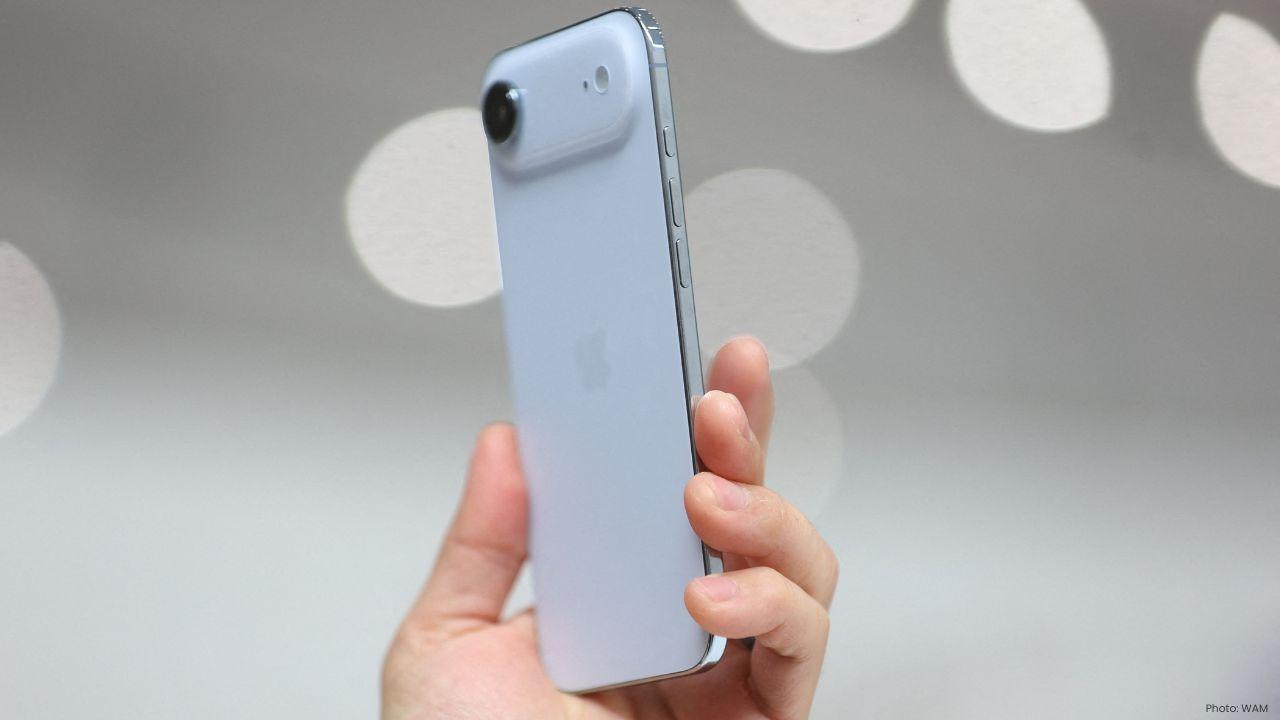
Apple Launches iPhone Air With Thinnest Design & Pro Performance
Apple unveils the new iPhone Air, its thinnest model with pro performance, multiple colors, large st
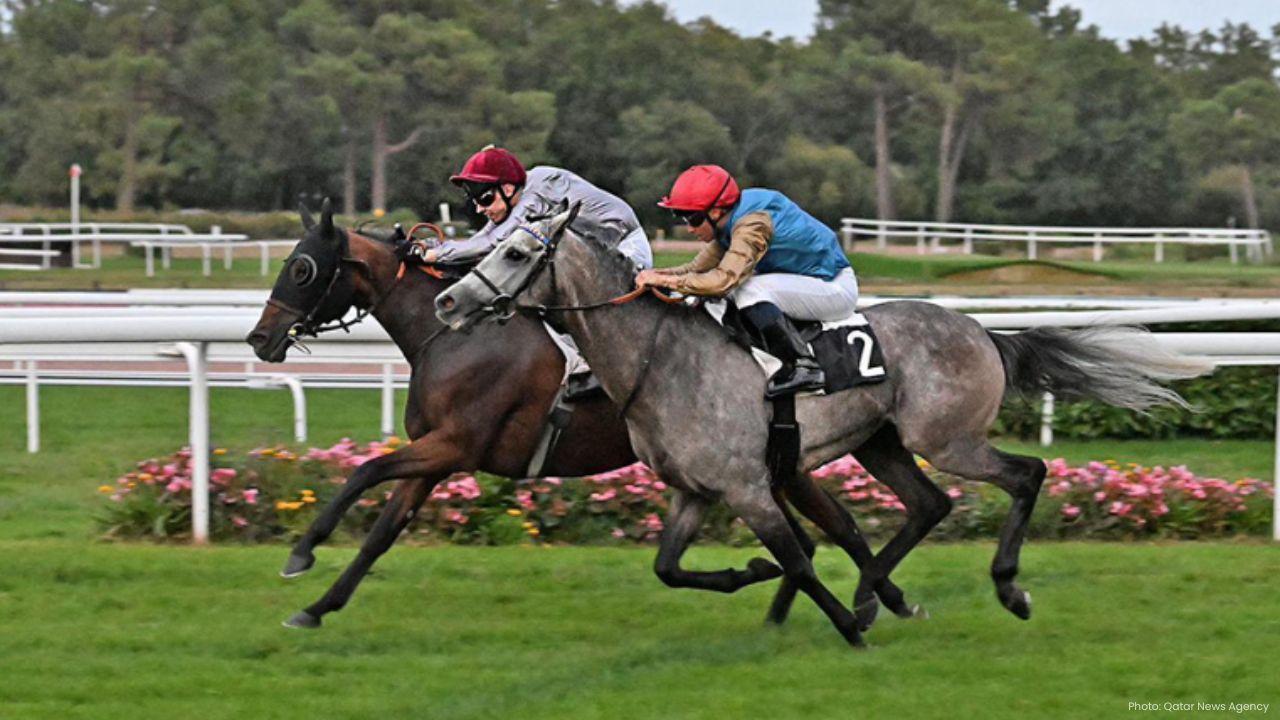
Al Wakrah Wins French Arabian Breeders’ Challenge Sprint Again
Al Wakrah, trained by Jean de Mieulle, wins French Arabian Breeders’ Challenge Sprint in France, mar